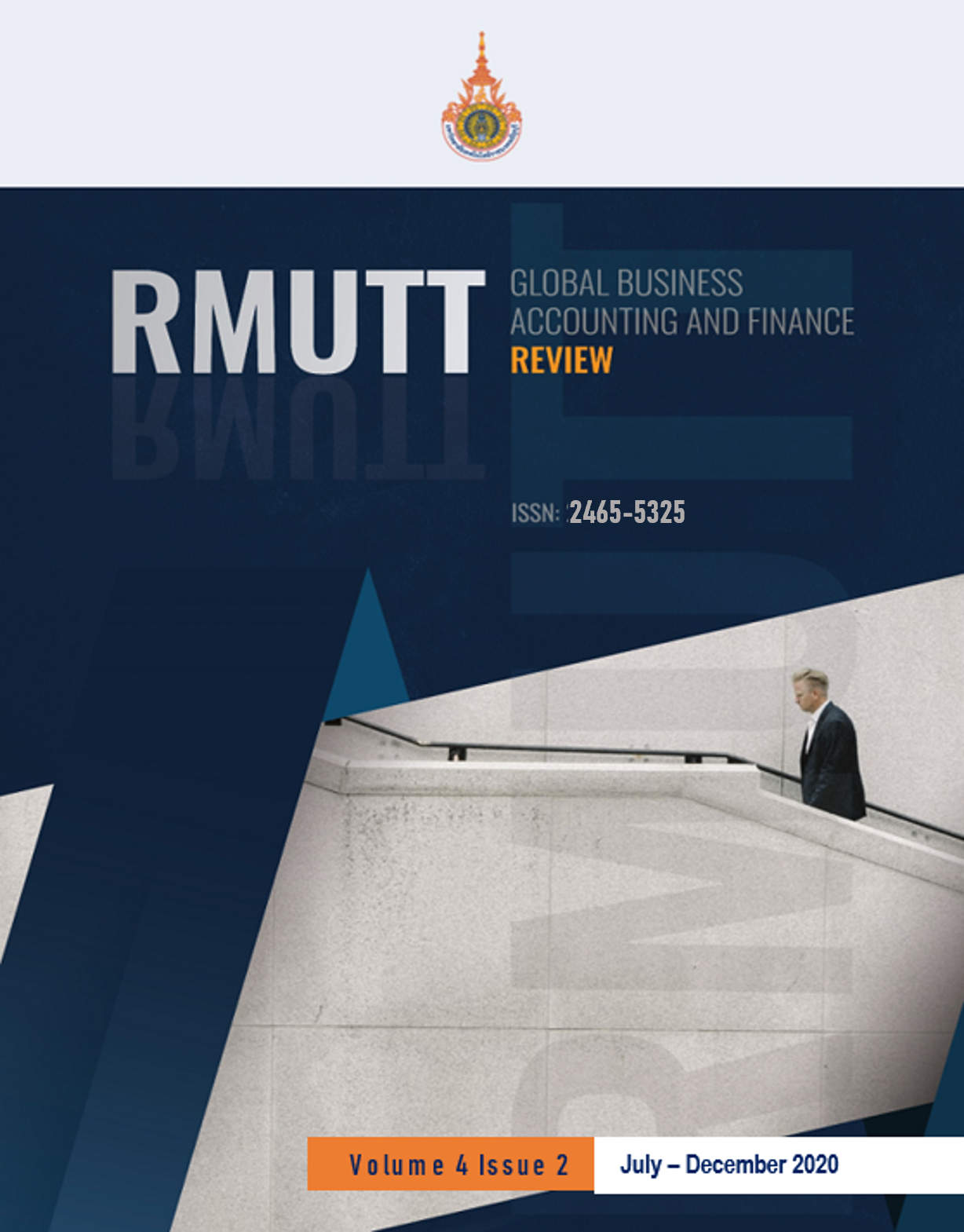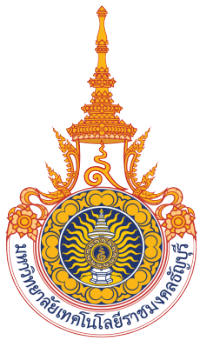THE RELATIONSHIP BETWEEN PERSONAL FACTORS AFFECTS THE MOTIVATION OF EMPLOYEES OF AUTO PARTS MANUFACTURING COMPANY CASE STUDY: AMATA NAKORN INDUSTRIAL ESTATE, CHONBURI PROVINCE
Keywords:
Work Motivation, Production of Automotive Parts, Industrial EstateAbstract
The objective of this research is to study the personal factors and the motivation of the employees. Data were collected by using questionnaires as a research tool. The sample was selected by purposive and judgmental sampling. The sample was engineer staffs at a Japanese auto parts company, in the Amata Nakorn Industrial Estate for 350 samples. Statistics used for data analysis were descriptive statistics such as frequency, percentage, mean and standard deviation. Inferential statistics were independent sample t-test and One-way ANOVA. The results of the study revealed that personal factors influenced the motivation of employees of auto parts companies in gender and education level. Different motives have different effects on work. On the other hand, different periods of work resulted in different motivations. The result suggested the organization to take into account about the different personal factors affecting motivation. In addition, the future research were discussed to place other organizational factors in order to predict the motivation to work.
References
Chaimongkol, N., Chienwattanasook, K., Onputtha, S., Sookwilai, N., & Pongwang, N. (2018). Employees’ Job Satisfaction and Employees’ Desirable Behavior Affecting Employees’ Work Performance: A Case of Christiani & Nielsen (Thai) Public Company Limited. Journal of Interdisciplinary Research: Graduate Studies, 7(2), 105-117.
Corporation Public Company Limited. (2009). Annaual report. Retrieved from https://issuu.com/ar.amata.thai/docs/ar2009_en
Khechornanun, N. (2008). Organizational behavior. Bangkok: SE-ED.
Klamrassamee, W. (2010). Motivating Factors Influencing Employee Dedication Case Study: Thai Petroleum Pipeline Company Limited (Tap Line). (Master’s thesis, the Burapha University,Chonburi).
Korphadung, W. (2008). Motivation for employees of automotive parts manufacturing company, case study of Amata Nakorn Industrial Estate. (Master’s thesis, the Rajamangala University ofTechnology Thanyaburi, Pathum Thani).
Mamdani, K. F., & Minhaj, S. (2016). Effects of motivational incentives on employees’ performance: A case study of banks of Karachi, Pakistan. South East Asia Journal of Contemporary Business, Economics and Law, 9(2), 32-39.
Noviantoro, D., Moeins, A., & Madiistriyatno, H. (2018). Antecedent of work satisfaction, and implications to turnover intention salesman dealer official automobile. Academy of Strategic Management Journal, 17(6), 1-8.
Onputtha, S., & Chienwattanasook, K. (2019). Application of Motivation Theory to Build Team Dynamics: The Selection of the Need-to-Achieve Theory. Human Resource Development Journal, 10(1), 60-69.
Skinner, B. F. (1953). Some contributions of an experimental analysis of behavior to psychology as a whole. American Psychologist, 8(2), 69.
Tiyaw, S. (2001). Principles of administration: planning. Bangkok: Thammasat.
Yoosuk, U. (2018). Motivation Affecting the Efficiency of Truck Driver among the registered freight forwarders in Bangkok and its vicinity. Rajabhat Rambhai Barni Research Journal, 12(3), 30-38.









